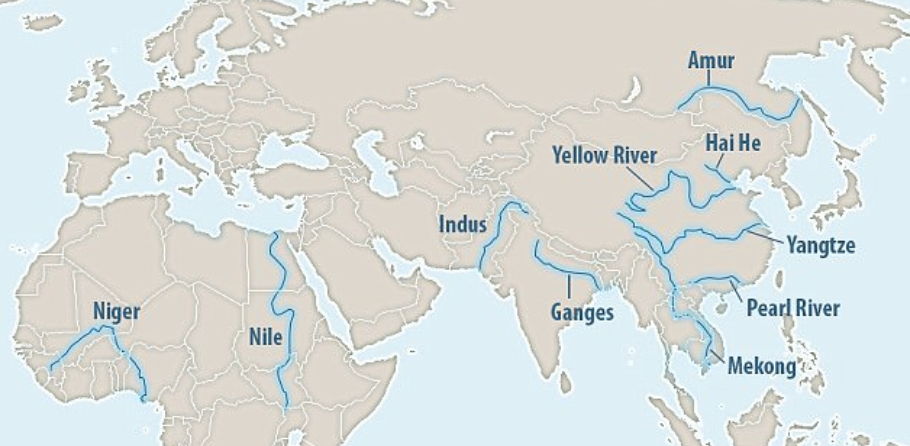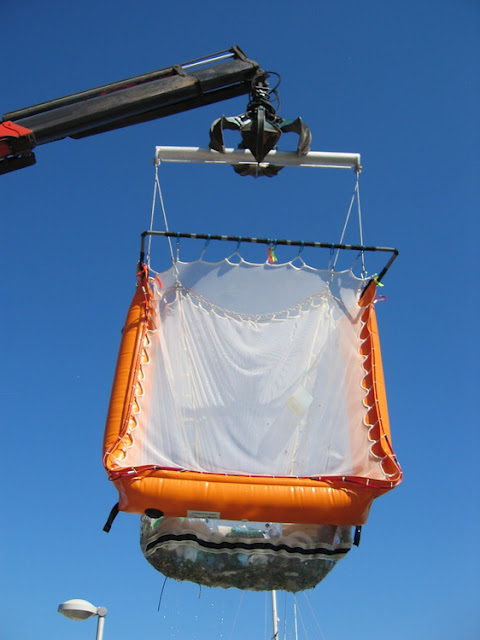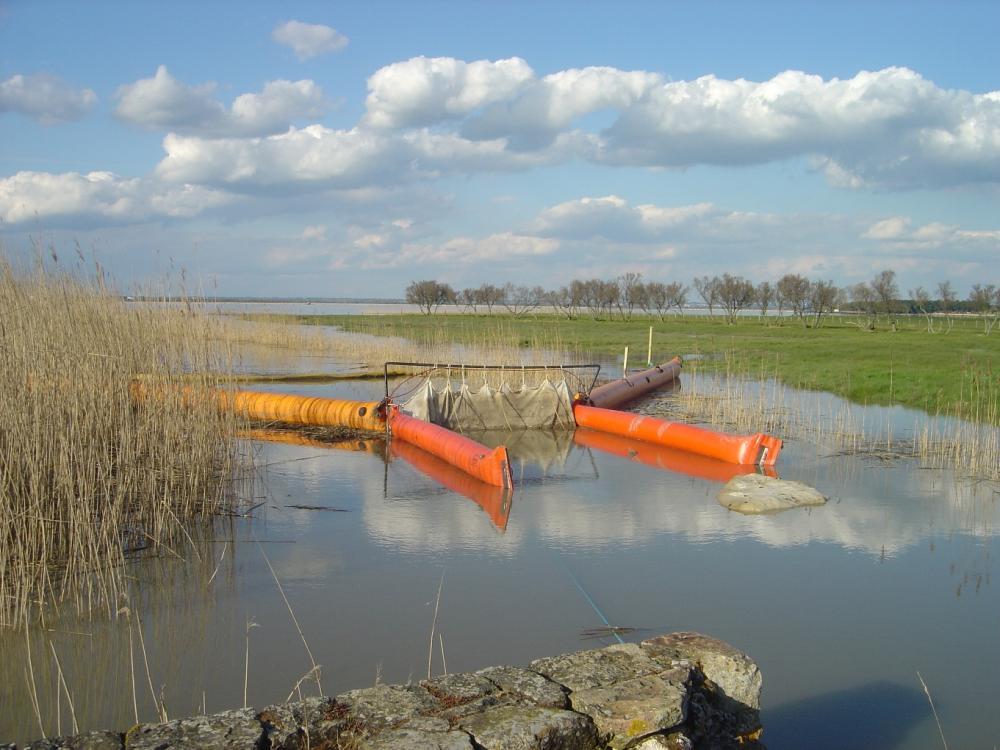WFO offers to tackle floating debris in rivers
Press Release
October 19, 2017

Rivers which flow from inland areas to the seas have increasingly been identified as major transporters of marine litter. Researchers at the Helmholtz Institute analysed dozens of research articles on plastic pollution in waterways, with samplings at 79 sites along 57 rivers around the world. What they found is that the top ten rivers carrying the highest amounts accounted for 88 to 95 percent of the total global load of plastics in the oceans. Halving plastic pollution in these 10 waterways - eight of which are in Asia - could potentially reduce the total contribution by all rivers by 45 percent.
The Yangtze has been estimated in previous research to dump some 727 million pounds of plastic into the sea each year. The Ganges River in India is responsible for even more - about 1.2 billion pounds.
The rivers with the highest estimated plastic loads are characterised by high population - ”These rivers are also in countries with a high rate of mismanaged plastic waste production per capita as a result of a not fully implemented municipal waste management including waste collection, dumping and recycling”, according to lead researcher Dr Christian Schmidt[1]. Waste Free Oceans, an organization focusing on collecting and recycling Ocean Plastic, is thus ideally placed to contribute to local solutions. Its “Debris Catcher” – a plastic filtration net successfully trialled at harbours and coasts in Europe – can either be pulled by small boats easily
navigating small river ways or be statically placed in a river bed, naturally collecting waste floating on the water’s surface via river currents. Once the collection net is full, accumulated debris is retrieved from the water with a crane and taken to local waste sorting and recycling centers.After separating and cleaning the waste, it can be transformed into new raw material for product creation. Where contamination levels are too high, the “catch” can be used for energy generation. Waste Free Oceans then partners with brands wanting to use retrieved debris to contribute to a circular economy.
WFO is currently preparing the installation of WFO’s debris catcher in a river channel in Mumbai. This will pilot how debris can be tackled in the ten large polluted streams within the next 2-3 years. Setting up collection nets to gather floating plastic in waste hotspots and combining it with the development of infrastructures to recycle and recover debris is the way forward. WFO is keen to set up partnerships with any organisation willing to support the vision of a cleaner world.
For more information please email contact@wastefreeoceans.org.
[1] http://www.dailymail.co.uk/sciencetech/article-4970214/95-plastic-oceans-comes-just-TEN-rivers.html

